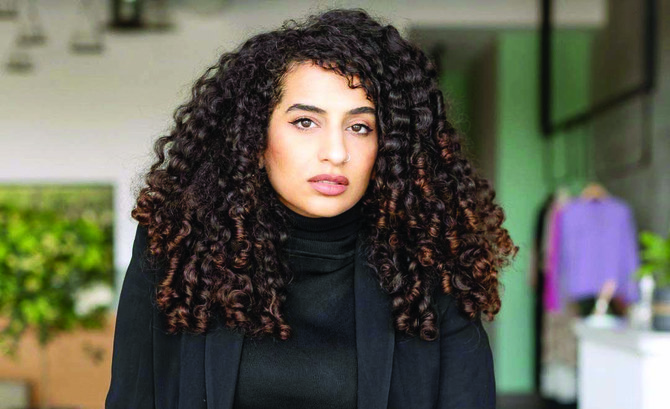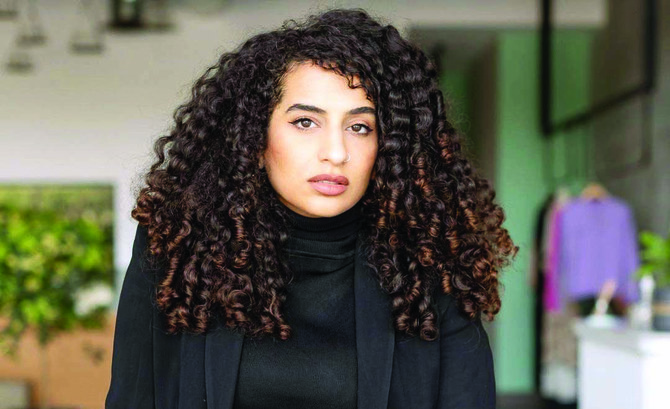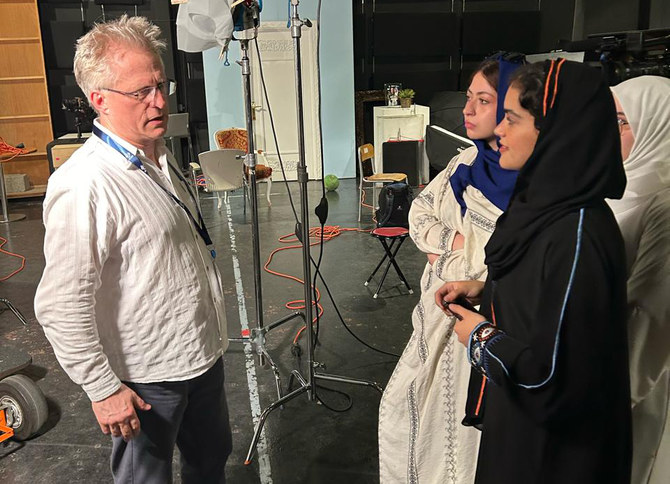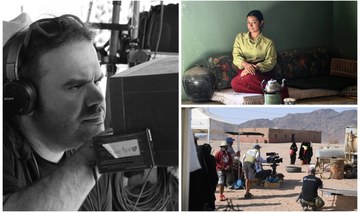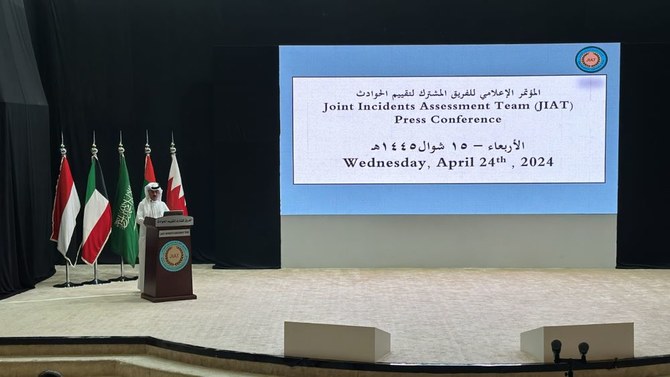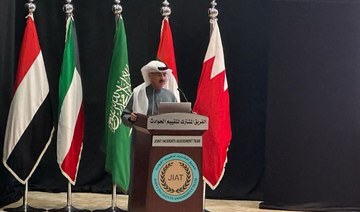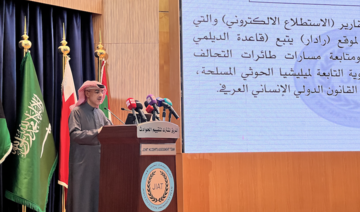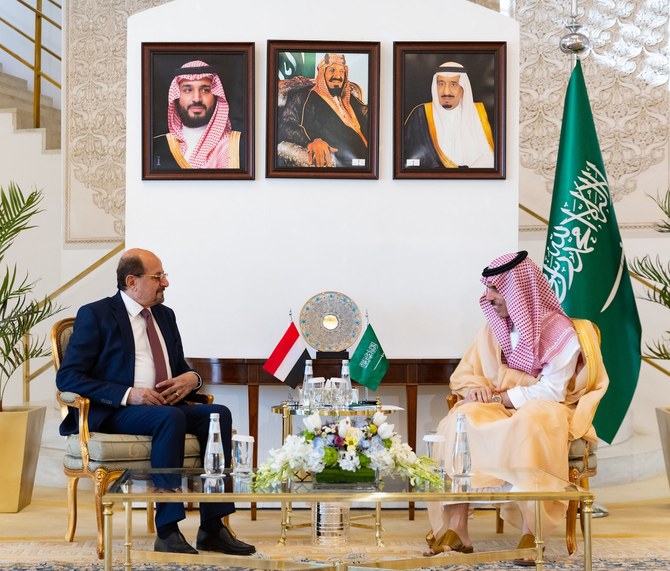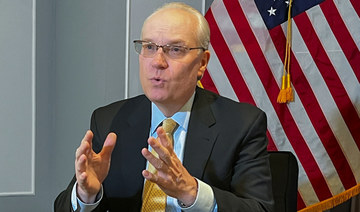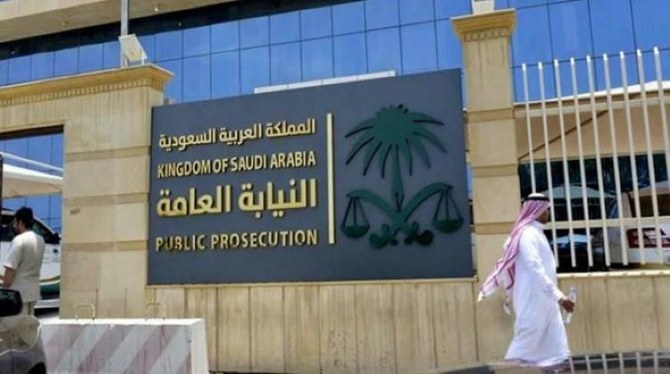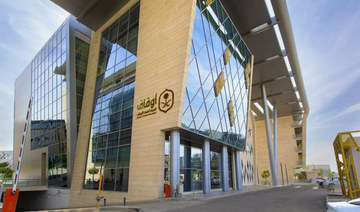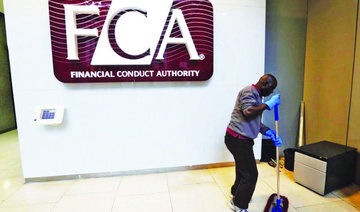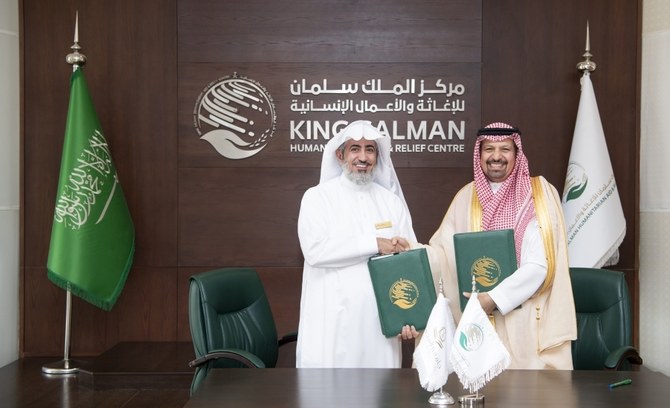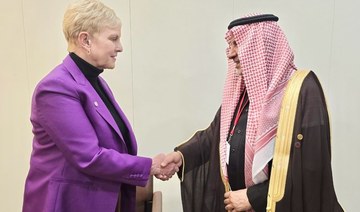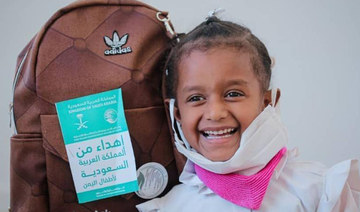JEDDAH: The coronavirus disease (COVID-19) pandemic lockdowns have brought about many changes in daily health and beauty routines with many Saudis opting for a more natural look.
And the enforced closure of hair salons in particular has resulted in millions of people adopting new approaches to managing their tresses.
For many Saudis, haircare has become a source of therapy and experimentation, changing their relationship with their locks in ways they could never have imagined.
Ameera Hassan, 25, from Jeddah, told Arab News that she had been hiding her tight, springy, natural curls for the past 10 years with straightening chemical treatments.
Our image as people with beautiful natural curls is always used as the before picture in salon advertisements for chemical treatments, and these photos are being posted online over social media and on printed banners at salons. I wanted to reverse that, and that is what I’m doing.
Hessah Al-Sharif
“Not going to a salon for months was a terrifying experience for me. I have hated my hair from a very young age, but the global trend toward natural hair due to the pandemic gave me a sense of solidarity and the confidence to accept my big hair,” she said.
Another convert to the natural hair movement, Sarah Ahmad, 28, also from Jeddah, said: “The lockdown experience left me with no choice but having to deal with my natural hair texture, and working from home gave my oppressed curls a break from the flatiron.
“For many years I thought my hair was frizzy, however, it turns out it is just curly. I would never have discovered that without lockdown. I had never been alone with my natural hair for so long and it allowed me to experiment and discover different products, treatments, and routines for my hair texture. It’s been a learning curve for sure.
“I’ve learnt that it isn’t just hair, it is part of who I am, how I was truly meant to look,” she added.
During the past year, social media platforms such as TikTok and Instagram along with regional online influencers have been the inspirational driving forces behind the curly hair style revolution.
And a shortage of hair products in local markets has prompted some entrepreneurs to set up their own internet businesses selling items such as brushes, microfiber towels, shampoos, conditioners, gels, foams, silk and satin pillowcases, and bonnets.
Many people have found the freedom of going natural to be more appealing and healthier for their hair, a trend that has brought about genuine diversity in the global and regional beauty industry, including in Saudi Arabia.
HIGHLIGHTS
• For many Saudis, haircare has become a source of therapy and experimentation, changing their relationship with their locks in ways they could never have imagined.
• During the past year, social media platforms such as TikTok and Instagram along with regional online influencers have been the inspirational driving forces behind the curly hair-style revolution.
• And a shortage of hair products in local markets has prompted some entrepreneurs to set up their own internet businesses selling items such as brushes, microfiber towels, shampoos, conditioners, gels, foams, silk and satin pillowcases, and bonnets.
Hessah Al-Sharif is a hair specialist and founder of Curl Boutique, the first salon in Jeddah to focus on natural, curly hair.
She decided to move away from the straight hair standard offered by many salons and beauty centers in the Kingdom, preferring to encourage the younger generation to embrace their natural beauty.
After receiving professional training in cutting curly hair at the DevaCurl Academy in New York, Al-Sharif opened her boutique during the pandemic.
“I started with an Instagram page where I shared curly hair care tips, recommended products, and posted reviews; however, people kept asking me where in Jeddah they could get their hair cut and I didn’t have an answer.”
Similar to many other women with curly hair in Saudi Arabia, she found herself bombarded with recommendations for treatments to straighten her hair when visiting salons or was given the option of a wet cut which she pointed out was not the best way to manage big hair.
She said: “While a lot of businesses were badly affected by the COVID-19 pandemic, I was affected in a positive way. Around 70 percent of my current clients just started their transition journey to natural hair during the pandemic.
“Our image as people with beautiful natural curls is always used as the before picture in salon advertisements for chemical treatments, and these photos are being posted online over social media and on printed banners at salons. I wanted to reverse that, and that is what I’m doing.”
Al-Sharif also aims to make natural hair products and services affordable to all by promoting local brands.
And it is not just women who have been embarking on the curly hair journey.
Abdullah Sami, 30, said: “My experience is more intimate than going natural. I was going through the anxiety about what was happening during the pandemic and the stress it had imposed on my professional, educational, and personal life. So, exerting effort on taking care of my hair was an attempt to ensure that I had everything under control and an escape to overcome everything.”
And he would never go back to having short hair. “My hair now is an extension of me, of who I am, of my personal experience, and I wouldn’t ever accept cutting it again. It gives a completely different impression when you start growing out your hair. It’s a personal statement,” he added.
Sami’s hair transition experience encouraged his sisters to try out new hair styles too.


